There is enough clean energy to cope with an electric vehicle future, according to Graeme Cooper, project director – electric vehicles, at the National Grid.
“Energy consumption in the UK peaked in 2002, and since then demand has fallen by 16% through various efficiencies. With the advent of electric cars, demand is estimated to rise by only 10%,” he said.
The National Grid is responsible for the national network power lines, and responds to market demands – traditionally big power stations and big-demand customers such as a steel works.
“But we’re in a world where we’re moving towards decarbonising heat and transport. That’s as new for us as it is for forecourts,” explained Cooper.
“Forecourts are at the consumer end looking up; and we’re at the big networks end looking down. There’s a role for all of us in that. There’s quite a synergy between the strategic road network and our power lines, and we’re here to help forecourt retailers.”
He said that by a combination of legislation, ambition, and some clear foresight, the power sector has got cleaner and continues to do so: “From a UK perspective the dirtiest thing we did for the whole of the industrial revolution up to about 2016 was make electricity. We burnt coal and gas to make power.
“But what we saw as we rolled from 2016 into 2017 was that transport became the dirtiest thing we do in this country. That’s not because transport has got dirtier, it’s because the dirtiest thing we do has got cleaner. So transport is now the dirtiest thing we do – in 2018, an estimated 33% of CO2 emissions came from the transport sector.
“So there’s been an evolution, and now making electricity via off-shore wind is now the cheapest way of making electricity.
“Where it links neatly to transport is that the very nice thing about our electricity getting cleaner and continuing to do so at pace, is that electric vehicles are cleaner already than their combustion engine equivalents, and they will be getting cleaner on a daily basis.
“Where you end up with a real uniqueness, is that decarbonising transport makes renewable generation better and renewable generation makes electric transport better.”
However, where there could be a problem is with the need to smooth out the peaks and troughs of energy demand: “What I think we’ll see with EV charging at forecourts is that retailers are likely to have battery storage with the EV chargers, so they’ll top up the battery when the energy is cheap and the grid is not stressed; and then if someone is charging their car at peak time - adding to the grid and the cost of energy - they’ll be charging from the battery.
“I suspect what you will see is some very smart solutions, which is why the grid can cope.”


























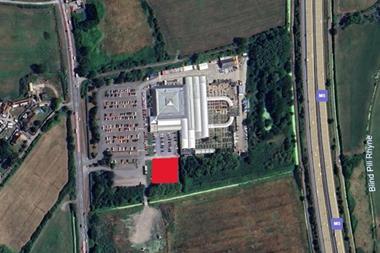


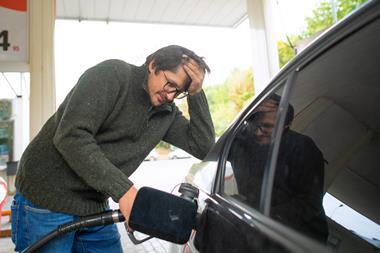
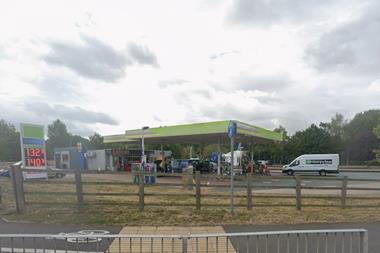
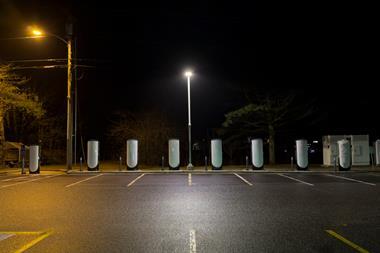
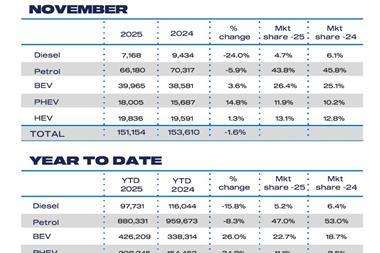
No comments yet